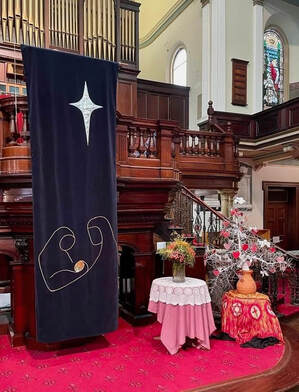
Most children of five or six can tell you at this season with reasonable confidence whose birth they are celebrating – “baby Jesus’” they will chorus if asked. It has to be said that it is with even greater confidence that they will tell you who it is that will visit their homes tonight and should even now be winging their way across rooftops, sleigh-bells ringing, bearing the presents for which they have learnt to long. In the minds of most of them Santa Claus and Baby Jesus belong together; and it cannot be thought surprising if over time the figure who brings the presents becomes more appealing than this somewhat elusive baby, who does not seem to bring anything in particular.
Now I’d like to invite you in these last few hours of Advent, while we still await the birth of Christ, to reflect on the ways in which the children are right – baby Jesus and Santa Claus do belong together; and upon the ways in which they are also wrong, or at any rate limited...
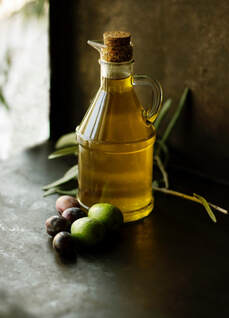
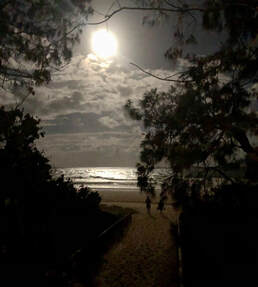
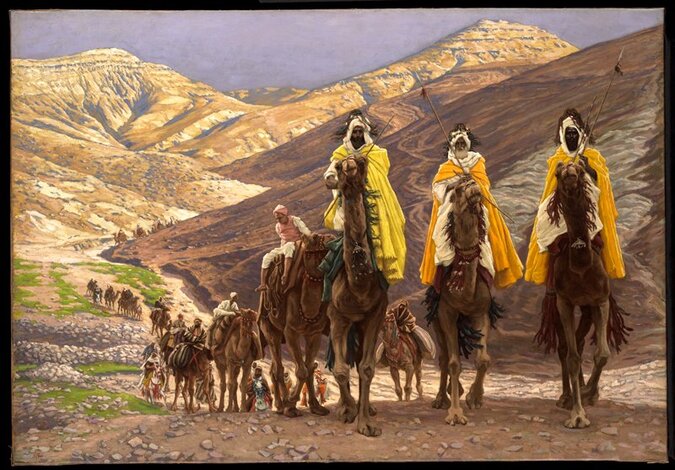
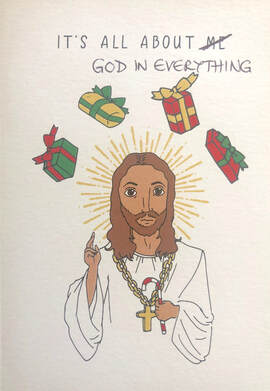
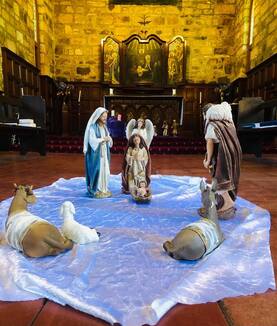
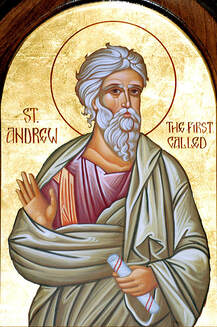
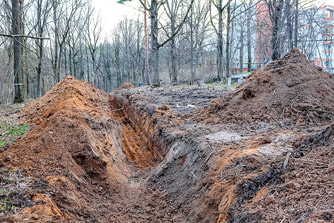
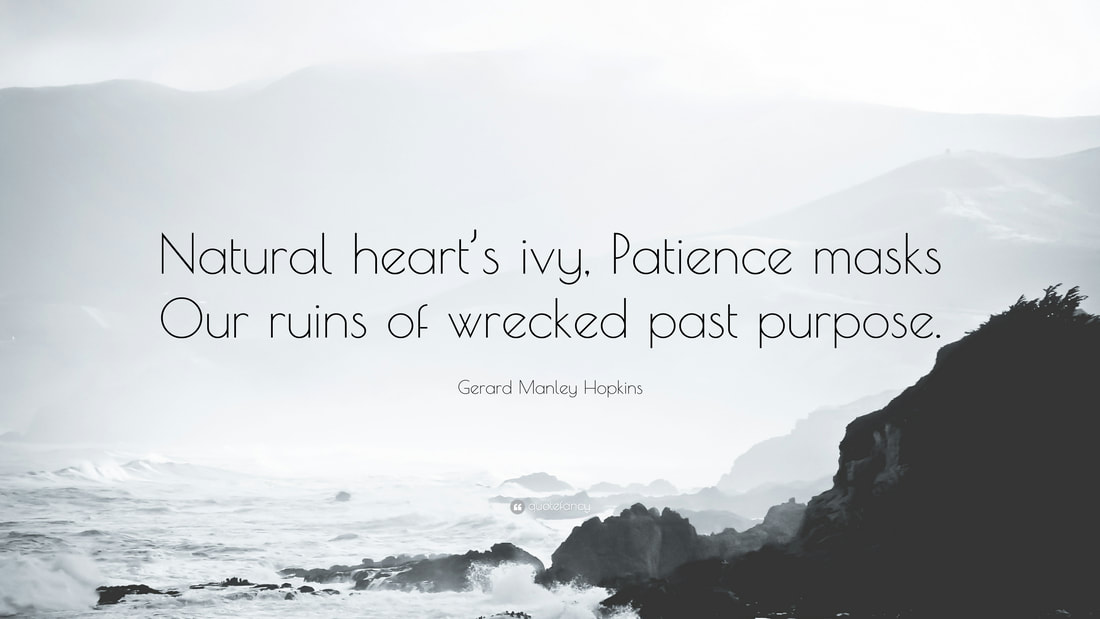
 RSS Feed
RSS Feed